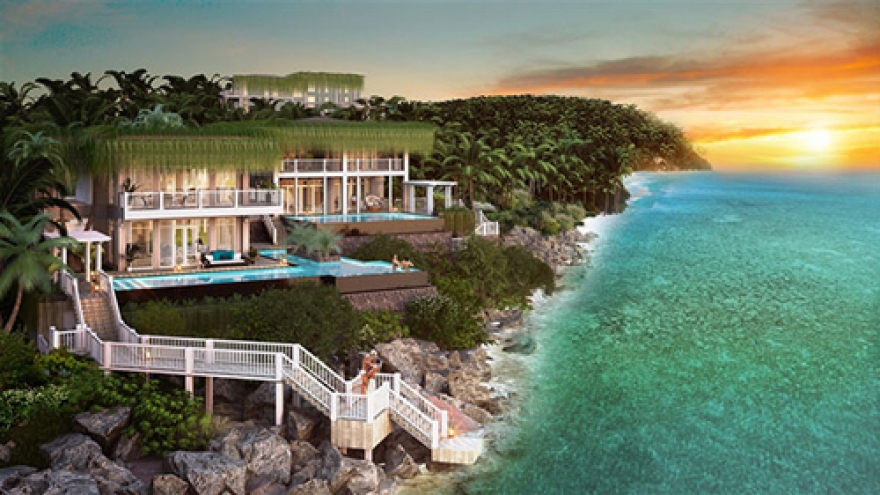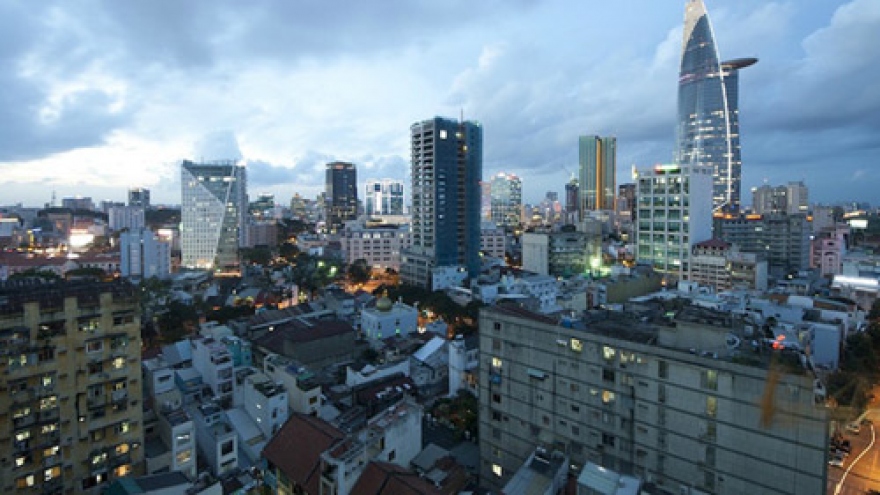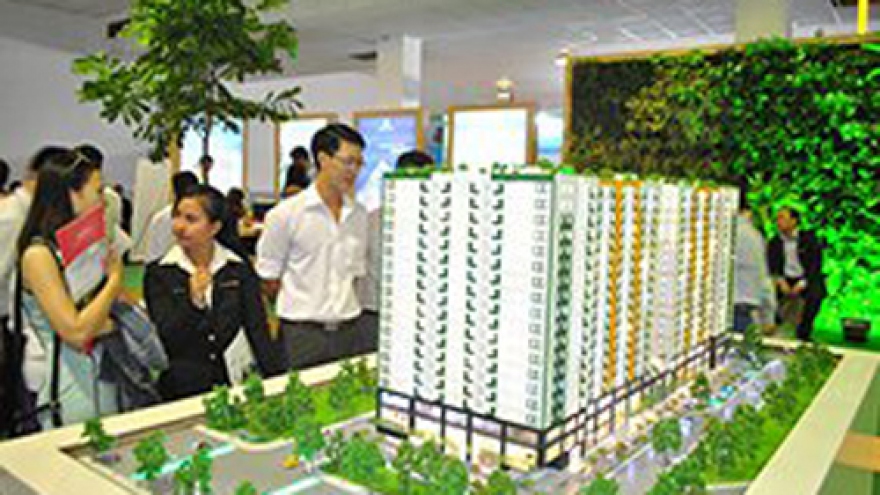Vietnamese real estate developers have ‘Disneyland dream’
Big money has been poured into amusement parks in famous tourism sites, with many projects capitalized at trillions of dong already completed or under construction.
Vietnamese investments in this field have boomed in recent years thanks to the strong development of the tourism industry.
Ba Na Hills, Asia Park of Sungroup and Vinpearl, and Vingroup's Safari zoo on Phu Quoc Island are cited as typical examples of the investment wave.
 |
Sungroup is the pioneer in the field with projects capitalized at tens of trillions of dong, from Ba Na Hills, Asia Park (VND10 trillion), Fansipan cable car (VND4.4 trillion), Sun World Halong Park (VND7.794 trillion), Disneyland and Universal Studios themed Park at Kim Quy Project (VND4.6 trillion) and Hon Thom cable car complex in Phu Quoc Island.
Empire Group has announced investment of VND12 trillion in Cocobay project in Danang. Meanwhile, BRG plans to join forces with Japanese Sanrio to develop an amusement park – Hello Kitty – in Hanoi.



